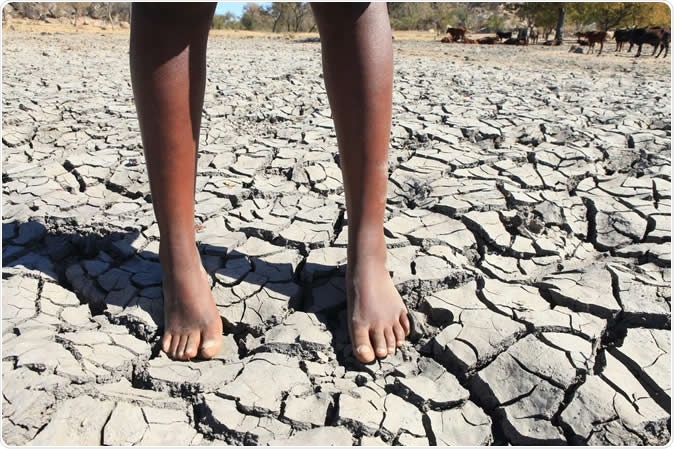The World Health Organization (WHO) has released its “to-do” list of the most urgent worldwide health issues that need to be tackled over the next decade. The heart of the issue, argues the WHO, is that governments are simply failing to fund health needs and health care systems. As a result, they are putting many people at the risk of death, poverty and of a national economic downturn.
The issues involved are complex and often too thorny to handle with ease. However, they must be addressed, and they can be, too, if governments act with firm determination to invest in the health of their people.

Credit: UNICEF
Putting the money where it counts
Healthcare spending is, according to WHO Director-General Tedros Adhanom Ghebreyesus, an investment in the future. While many national leaders gladly allot money to defend the nation against terrorism, for instance, a viral outbreak could cost many more lives, break the social bond that comprises society, and cost hundreds of millions of dollars to contain. For this reason, and because just one pandemic could cripple the nation financially, and break its independence, ensuring health security should not and cannot be a matter that is left to the ministries of health. The health challenges that face the world in the third decade of the new millennium must be faced by the combined resources of the governments of each nation, since the whole nation faces the threat should these issues not be successfully resolved.
The cost of not spending now
The United Nations General Assembly has emphasized the need to ACT to make it even remotely possible to attain the goals set by the 2030 Sustainable Development Goals program, even while the target year is within sight. To make this “the decade of action”, as the UN calls it, nations must allocate funds to plug the leaks and shore up the gaps in their health infrastructure and systems, while providing help to those countries most in need of such funding but least able to raise the necessary resources. The cost of failure to invest in this manner will be great, in terms of both the money needed and the lives lost. It is essential that governments work in cooperation with the national communities and with international agencies if the goals set by the UN are to be met for the good of the whole world.
A wide range of urgent priorities
There are so many issues that they cannot even be prioritized in terms of urgency – all are urgent, and many cannot be resolved in isolation. The 13 challenges identified by the WHO are diverse, covering climate change and air pollution, but also social and financial inequalities in health care.
Unhealthy air is a global problem, with 7 million deaths each year due to polluted air, extreme weather, and worldwide droughts and famines. Climate change also causes malnutrition and increases the reach of infectious diseases like malaria by extending the habitat of the vectors. Pollutants cause the world to warm up but also precipitate one in four deaths due to cardiovascular disease, lung cancer and chronic lung disease.
The haves vs the have-nots divide exists not only between rich and poor nations but also within the same nation. While rich populations enjoy a lifespan that is on average about 18 years longer than that of poorer nations, the level of health within even these rich nations is far from uniform. The WHO is eager to address these issues and make healthcare an equally accessible resource for all people.
One of the WHO recommendations is that all countries spend 1% of their gross domestic product on fueling the establishment of a good primary health care system. This will help people to receive good care at the essential ground level where they most need it.
Other WHO priorities include making medicines more widely available to groups that need them. Infectious disease control is an ongoing and urgent necessity, which requires action across the board, from mitigating the effects of climate change to encouraging clean environments and sustainable development goals that leave the earth clean. Another issue on the list is preventing human exposure to dangerous chemicals and other products that could cause chronic disease.
“No shortcuts to a healthier world”: WHO chief
Health is an essential commodity and there is no way to achieve it except by putting in the money where it is needed. Dr Tedros Adhanom concludes, “2030 is fast approaching, and we must hold our leaders accountable for their commitments.”